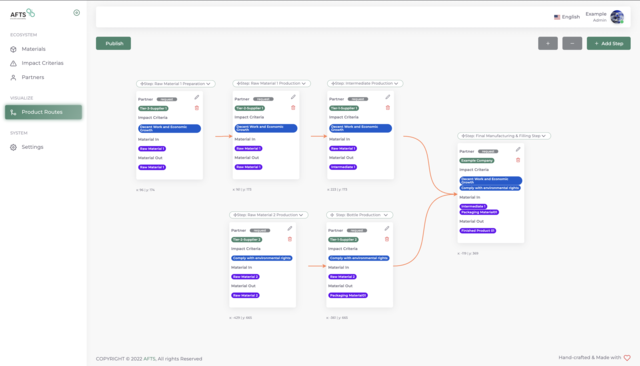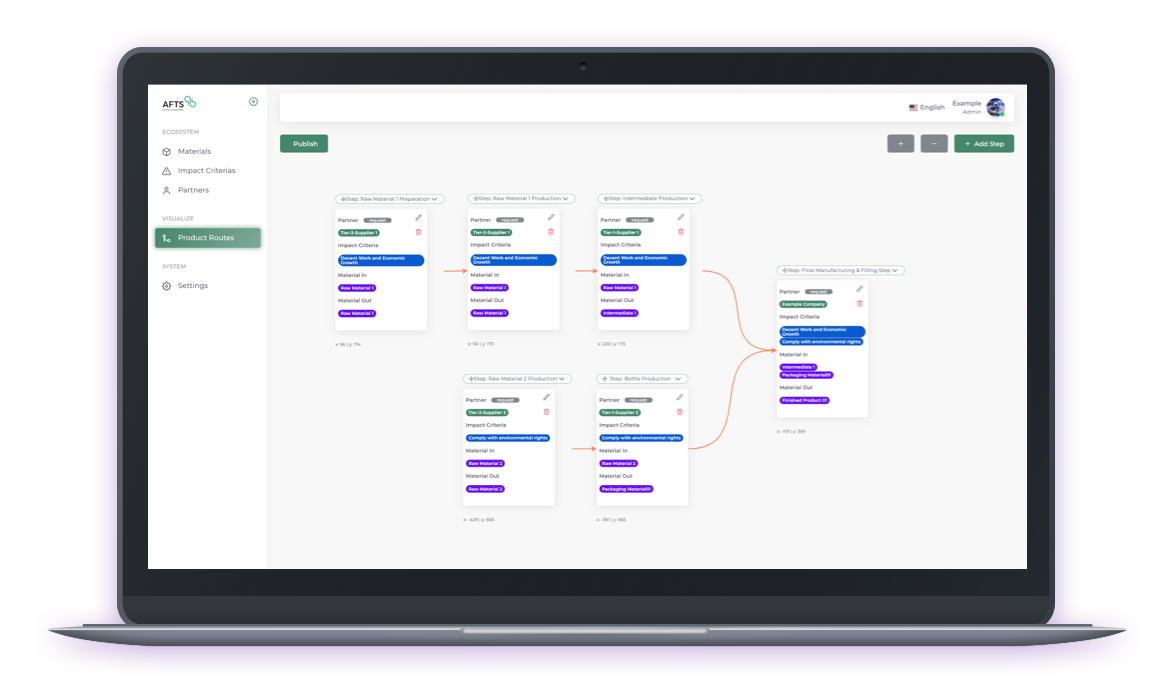Why it’s important
The cost of non-compliance
Above all, it's about risk mitigation. While the cost of compliance may be rising, non-compliance is more costly since it impacts both your finances and reputation and ultimately your bottom line.
Risk is dynamic and influenced by everything from climate change to human trafficking to politics. For example, governments may enact new laws that impact workers' rights. Such supply chain disruptions can force a company to find new inshore or offshore suppliers, all of which must be thoroughly vetted for compliance with legal and corporate standards.
Accurate data that allows you to assess and mitigate risks throughout the supply chain is key. Global companies need full supply chain visibility to holistically understand activities and to be able to respond quickly to risks and disruptions. It's important to remember that in today's digital age, your company's reputation can be undermined in minutes by negative activity on social media!
Lieferkettensorgfaltspflichtengesetz
On Jan 1st, 2023, the Lieferkettensorgfaltspflichentgesetz will come into force in Germany. Initially, the law will apply to companies with more than 3,000 employees in Germany, which is just over 600 companies. Then, as early as January 1st, 2024, it will apply to companies with more than 1,000 employees. The law also covers foreign companies, provided they employ the defined number of employees in Germany. In addition, their head office, branch office, or registered office must be located in Germany.
Companies are obligated to observe defined human rights and environmental due diligence obligations in their supply chain in an appropriate manner with the aim of preventing or minimizing human rights or environmental risks or ending the violation.



